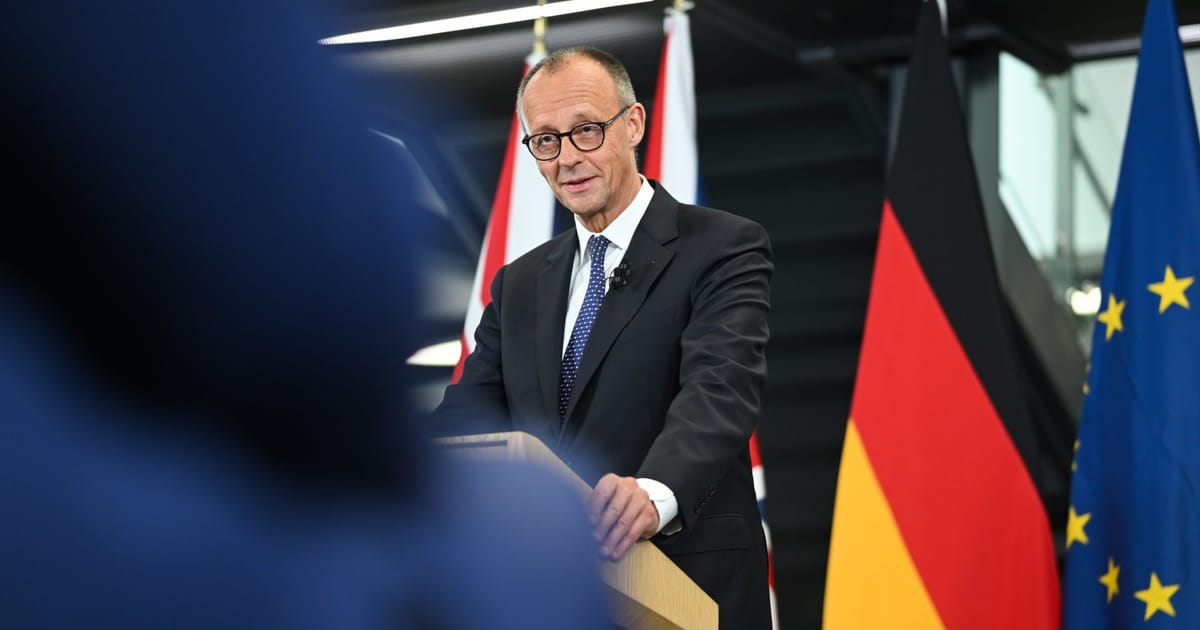

In a week marked by significant incidents around the globe, recent events have brought attention to various geopolitical and humanitarian issues, underscoring the complexities of international relations and humanitarian concerns.
In Ukraine, there is positive momentum surrounding the anticipated deployment of Patriot missile systems. German Chancellor Friedrich Merz indicated that these defensive systems could become operational within weeks, highlighting a major development in the ongoing defense alignment with NATO. As preparations advance, NATO’s top Europe commander emphasized that even if a peaceful resolution emerges, Russia will continue to pose a strategic challenge in the region.
Meanwhile, in Ukraine’s political landscape, President Volodymyr Zelenskyy announced a government reshuffle. This move aims to invigorate Kyiv’s governance amid mounting pressures from Russia and other geopolitical figures. The adjustments are seen as a strategic effort to fortify Ukraine’s internal efficiency and external resilience.
The international legal arena saw a pivotal decision, as a Brussels court ordered the Flemish government to cease the transfer of military gear to Israel. This ruling came after NGOs accused the Flemish authorities of contravening international laws by facilitating such transfers. The decision is hailed as historic by civil society groups, casting a spotlight on the intersection of regional governance and global human rights accountability.
Meanwhile, tensions in the Middle East have manifested in various forms. In Gaza, an Israeli airstrike targeted the only Catholic church in the area, resulting in the tragic deaths of three individuals and injuries to others, including the parish priest. The incident has sparked international condemnations, with figures like Giorgia Meloni decrying the attack as ‘unacceptable.’ Amid the turmoil, Pope Leo has reiterated calls for a ceasefire, emphasizing the need for peace and protection of sacred sites.
Additionally, clashes were reported in Syria, where Israeli airstrikes hit Sweida city amid infighting between tribal and Bedouin groups. These developments have further strained the already tense relations between regional actors, highlighting the ongoing challenges in achieving stability in conflict-ridden areas. In parallel, a new ceasefire agreement has been reached between the Druze community and the Syrian government in Sweida, reflecting local efforts to mitigate violence.
In a devastating humanitarian incident, a tragic fire broke out in a newly opened shopping mall in Kut, Iraq, claiming the lives of at least 61 people. The blaze, reportedly sparked by an air conditioning unit explosion, underscores the critical need for stringent safety measures in public spaces to prevent future tragedies.
Elsewhere, undersea cables, crucial for global internet connectivity, face growing threats of sabotage, with fingers pointing towards potential state-backed activities by Russia and China. A cybersecurity firm warns that such disruptions could increase, especially considering past incidents in the Baltic Sea and near Taiwan. This highlights the integral role of cybersecurity in safeguarding global communications infrastructure.
These developments across different regions not only reflect the geopolitical dynamics at play but also reiterate the universal call for peace, legal accountability, and humanitarian safety. As these stories continue to unfold, they remind us of our interconnected world and the shared responsibility to strive for a more harmonious future.
Source: {link}
